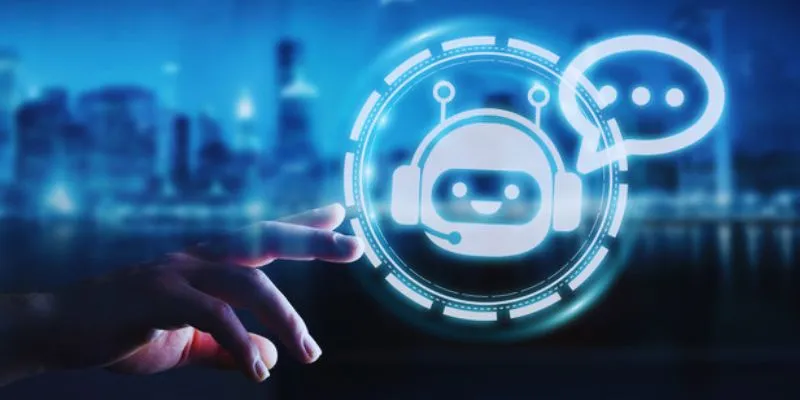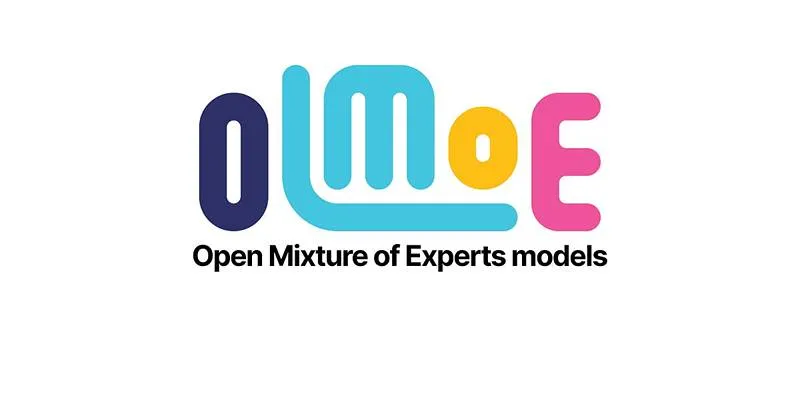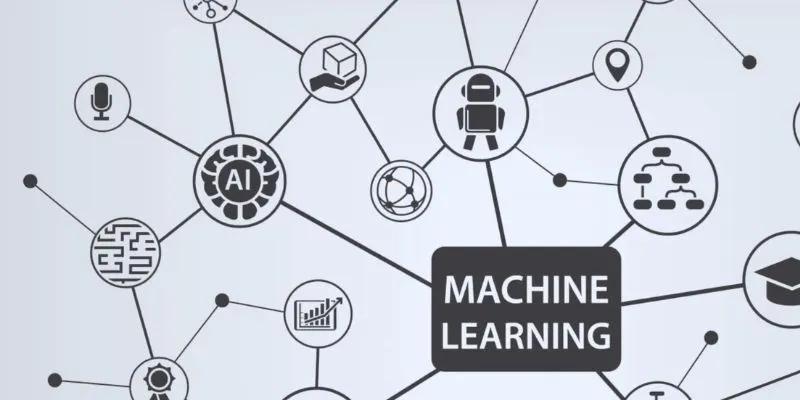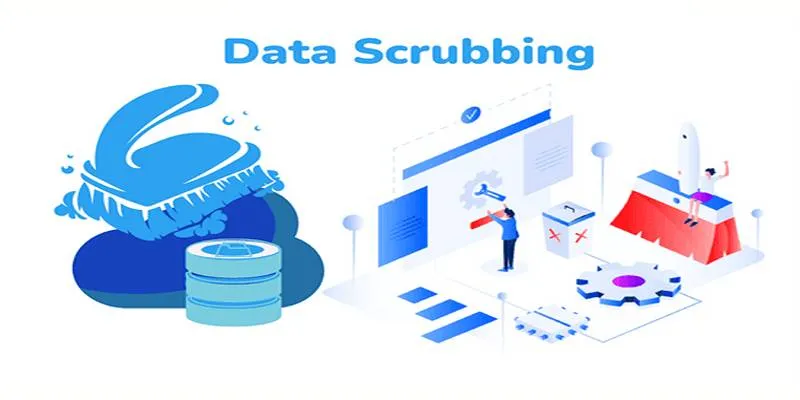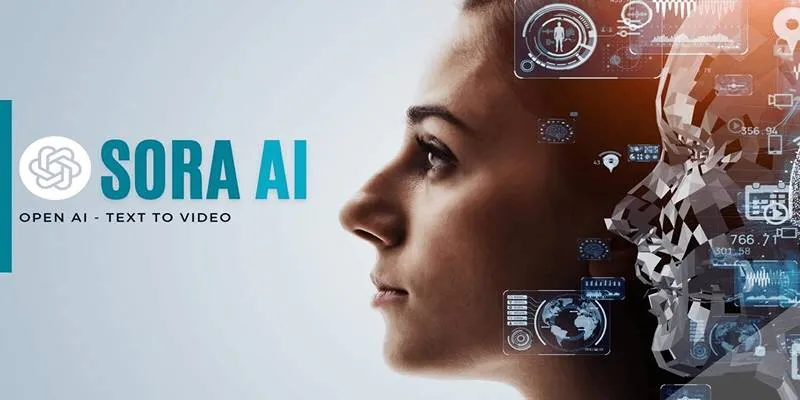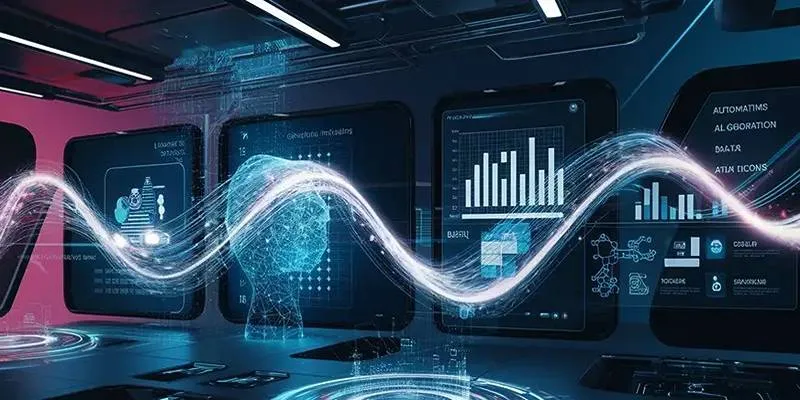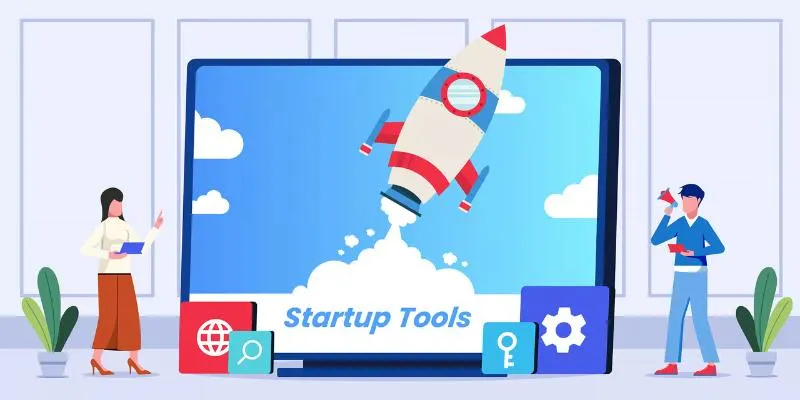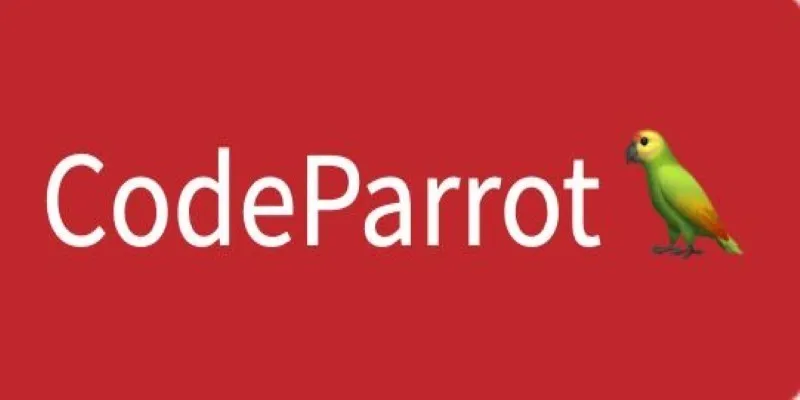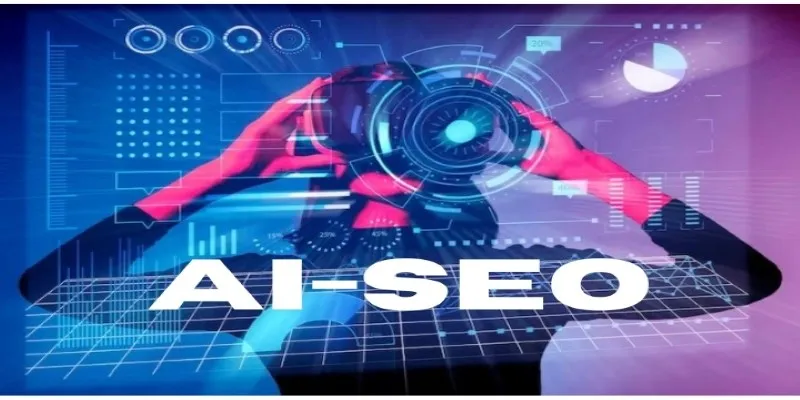The web is constantly evolving. Every few years, new technologies emerge that transform how we read, learn, and engage with content. One of the most significant shifts in the past decade is the rise of OpenAI’s ChatGPT, a conversational AI that’s revolutionizing online interactions and affecting entire categories of websites.
ChatGPT has become a popular tool for information retrieval, coding assistance, educational support, and quick knowledge lookups. Its ability to deliver fast, conversational, and personalized responses often provides a superior user experience compared to many traditional websites.
While it won’t completely replace these platforms, ChatGPT is undoubtedly diminishing their traffic and relevance. Here are seven types of websites currently feeling the pressure—and, in some cases, the decline—due to the growing popularity of AI-driven solutions.
1. Programming Q&A Sites (Like Stack Overflow)
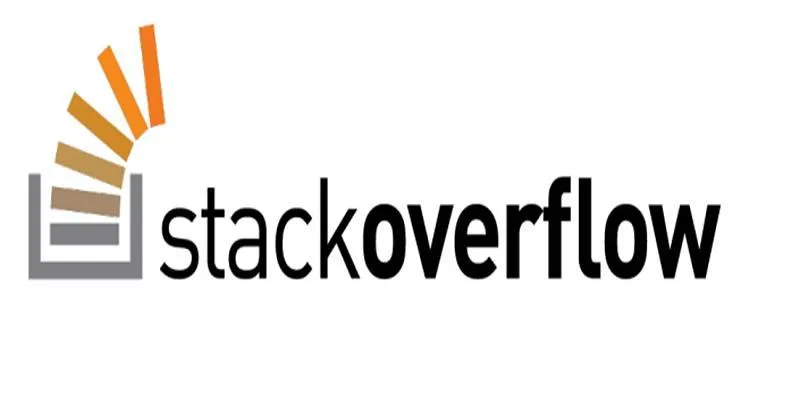
Stack Overflow has long been a pillar of the programming community. Developers worldwide have relied on it to ask questions, share snippets, and troubleshoot issues, benefiting significantly from its extensive, community- curated knowledge base.
However, ChatGPT is reshaping this landscape. Programmers now have access to an instant assistant that can analyze, explain, and even write code on demand. Instead of waiting hours—or even days—for a response on a forum, they receive help in seconds.
For instance, when a developer encounters unfamiliar JavaScript or needs assistance optimizing a SQL query, ChatGPT can:
- Explain the code line by line
- Suggest optimized alternatives
- Provide conceptual explanations of the syntax
- Answer follow-up questions in real time
This instant feedback loop is a key factor driving users away from traditional forums. While Stack Overflow remains a treasure trove of specialized and expert-level answers, the convenience of ChatGPT is winning out for everyday coding tasks. Moreover, for beginners who might feel intimidated by community voting systems, downvotes, or complex jargon, ChatGPT offers a judgment-free and accessible environment for learning.
2. Search Engines (Like Google Search)
Perhaps the most surprising casualty of the ChatGPT wave is the traditional search engine. Google has been the dominant force in online information retrieval for over two decades. Yet, user behavior is shifting, especially for queries seeking concise, straightforward answers.
ChatGPT provides these results quickly—without ads, without clicking through multiple websites, and without being bombarded by pop-ups or cookie banners. This convenience is changing user habits. For example, if a user wants to understand different mechanical keyboard switches, a Google search might lead to:
- Numerous blog posts
- Multiple open tabs
- Conflicting information
- Affiliate marketing links
With ChatGPT, the same user can type:
“Explain the differences between red, blue, and brown keyboard switches. I prefer a soft feel and quiet keys.”
ChatGPT immediately provides a customized explanation and even recommends a switch type based on user preferences. This level of personalized interaction is unmatched by search engines today. As AI-powered search experiences evolve—such as the rollout of ChatGPT Search and other chatbot interfaces—traditional search engines will likely lose even more ground, especially for informational and product discovery queries.
3. Online Tutoring Platforms (Like Khan Academy and Chegg)
Education technology is another area being reshaped by ChatGPT. Platforms like Khan Academy, Chegg, and Coursera offer valuable resources—but their format often limits them. Most provide pre-recorded lessons, static exercises, and fixed content that may not suit every learner’s pace or style.
ChatGPT, on the other hand, functions like a 24/7 personalized tutor. Students can ask highly specific questions and get customized explanations. Whether it’s solving math equations, writing essays, or understanding physics principles, ChatGPT can:
- Break down complex problems
- Adjust explanations based on user feedback
- Offer analogies or examples for better clarity
- Provide step-by-step instructions tailored to the student’s level
This type of adaptive, interactive learning was previously available only through one-on-one tutoring. Now, it’s accessible instantly and at scale.
For example, a high school student confused about algebra can ask:
“Can you explain how to solve 3x + 5 = 20?”
ChatGPT not only shows the solution but also explains why each step matters. If the student wants to delve deeper or ask follow-up questions like “What if the equation has variables on both sides?” the AI continues to assist seamlessly. While platforms like Khan Academy remain valuable for structured learning paths and visual content, ChatGPT is overtaking them in scenarios where students need interactive and personalized help.
4. Informational Websites (Like Wikipedia)

Wikipedia has long been the gold standard for general knowledge on the web. Its open-source, citation-rich model ensures accuracy and breadth. However, when users seek quick, digestible answers, Wikipedia can feel overwhelming.
For instance, if someone is curious about the fastest bird in the world, Wikipedia might present a 2,000-word article with scientific classifications, history, and footnotes. But most users want a sentence or two. By contrast, ChatGPT responds clearly:
“The peregrine falcon is the fastest bird, capable of diving at speeds over 240 mph.”
Follow-up questions like “Why is it so fast?” or “What bird has the fastest level flight?” can continue the conversation seamlessly. This dialogue-driven model offers a more natural way to learn and retain information. Of course, Wikipedia remains the go-to source for deep research and citation-based content. But for on-demand, bite-sized learning, ChatGPT is taking the lead.
Conclusion
ChatGPT is not just another online tool—it’s a fundamental shift in how people interact with the web. With its ability to respond quickly, tailor answers, and engage in dialogue, it is drawing users away from long-established platforms.
The four website types discussed—coding forums, search engines, educational platforms, and encyclopedic resources—are experiencing a real impact as users embrace the AI-driven approach. As ChatGPT and similar models become more integrated into daily life, these platforms must adapt, innovate, or risk further decline.
 zfn9
zfn9
